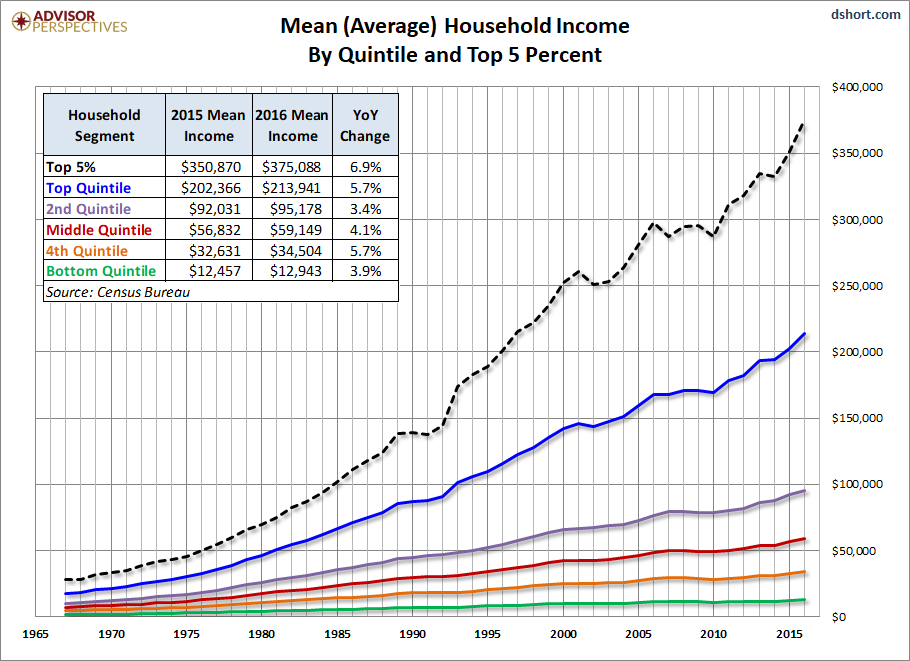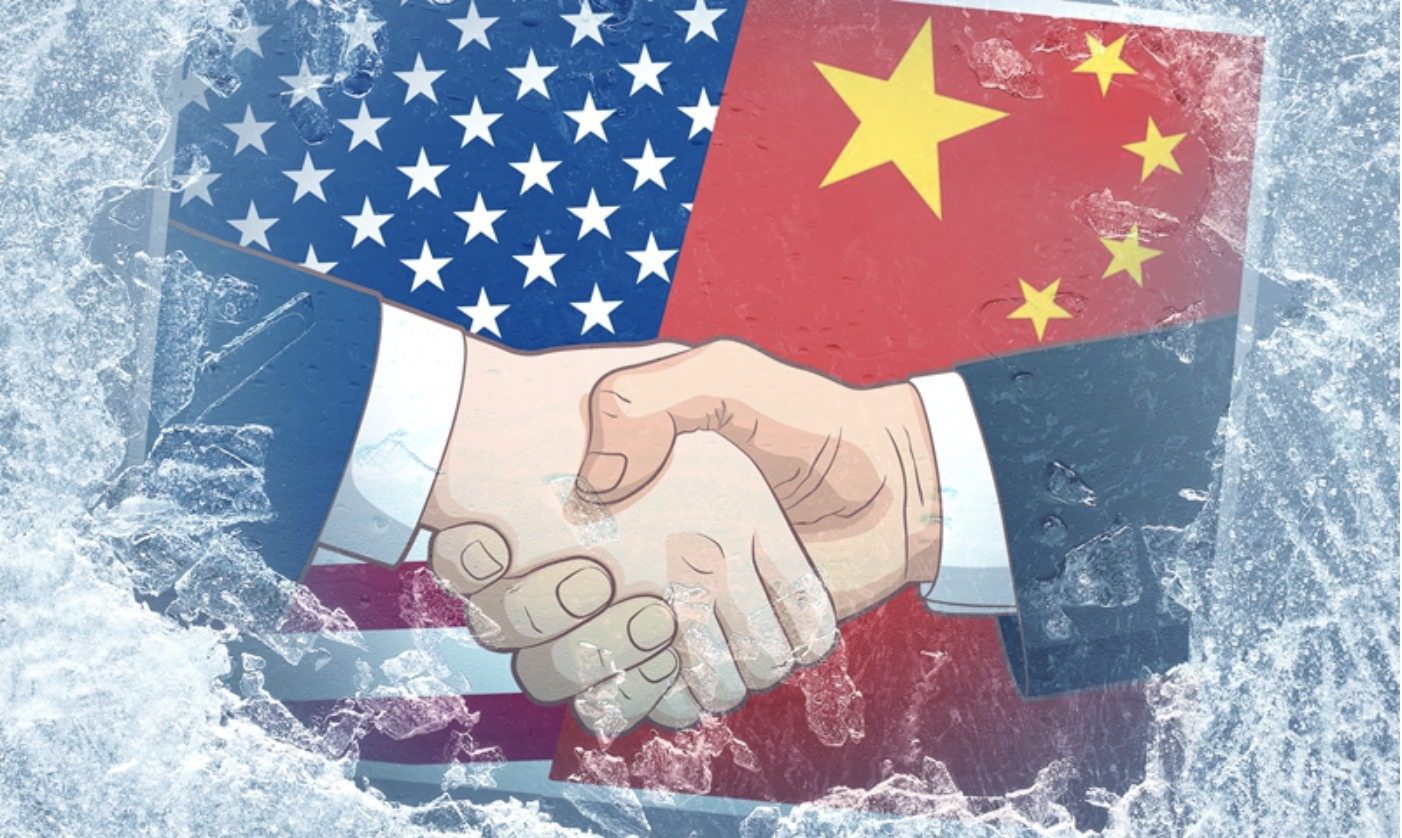- Joined
- Nov 5, 2021
- Messages
- 163
- Basic Beliefs
- Agnostic
Many people like to laugh at the idea of trickle down economics and claim that "it doesn't work because it makes the rich richer and the poor poorer. Nothing ended up trickling down to the poor." I will show how this is wrong.
The 1st idea of trickle down economics was giving tax breaks to the corporations because they the ones who create the jobs. They have the capital to start the company and the money to pay employees, thus giving people jobs. If people didn't open companies, where would people work? Not every person has capital to just open up a business. People depend on corporations for their livelihoods. They get money, health benefits, and retirement from the corporations. If a corporation closes up, people get angry that they are out of a job. It is logical that we need the corporations to exist in order to make money and have a career. People like to say "the rich are pissing all over us," but how? By offering you a career and retirement packages and health benefits? Stuff you wouldn't have if all the companies closed down? What's the reason for the hatred of the corporations?
Have you guys ever walked into a supermarket or a Walmart type store? Do you see how many items in that store are available for cheap prices? These cheap prices means the poor people can afford the things they need to live a comfortable life. This was the 2nd idea behind trickle down economics: That mass producing cheap items in bulk and fully stocking stores will lower prices and make things more available for poor people for cheap prices. Anyone who walks around inside of a Walmart should be amazed at the amount of choices of products we have available for us right there in front of us. Nobody should be condemning this as "capitalist greed and not helping the poor one bit." Anyone can go to Walmart and see poor people stocking multiple carts full of stuff that they need for their lives. How does this not help them?
Anyone want to prove this wrong? i feel like nobody understand this about trickle down economics and thinks that it was supposed to lead to the poor becoming rich or something. That was never the intention. The intention was make the poor people's lives as best as possible while being poor.
How can anyone disagree and say this goal wasn't accomplished? Please show how trickle down economics was a failure.
The 1st idea of trickle down economics was giving tax breaks to the corporations because they the ones who create the jobs. They have the capital to start the company and the money to pay employees, thus giving people jobs. If people didn't open companies, where would people work? Not every person has capital to just open up a business. People depend on corporations for their livelihoods. They get money, health benefits, and retirement from the corporations. If a corporation closes up, people get angry that they are out of a job. It is logical that we need the corporations to exist in order to make money and have a career. People like to say "the rich are pissing all over us," but how? By offering you a career and retirement packages and health benefits? Stuff you wouldn't have if all the companies closed down? What's the reason for the hatred of the corporations?
Have you guys ever walked into a supermarket or a Walmart type store? Do you see how many items in that store are available for cheap prices? These cheap prices means the poor people can afford the things they need to live a comfortable life. This was the 2nd idea behind trickle down economics: That mass producing cheap items in bulk and fully stocking stores will lower prices and make things more available for poor people for cheap prices. Anyone who walks around inside of a Walmart should be amazed at the amount of choices of products we have available for us right there in front of us. Nobody should be condemning this as "capitalist greed and not helping the poor one bit." Anyone can go to Walmart and see poor people stocking multiple carts full of stuff that they need for their lives. How does this not help them?
Anyone want to prove this wrong? i feel like nobody understand this about trickle down economics and thinks that it was supposed to lead to the poor becoming rich or something. That was never the intention. The intention was make the poor people's lives as best as possible while being poor.
How can anyone disagree and say this goal wasn't accomplished? Please show how trickle down economics was a failure.





